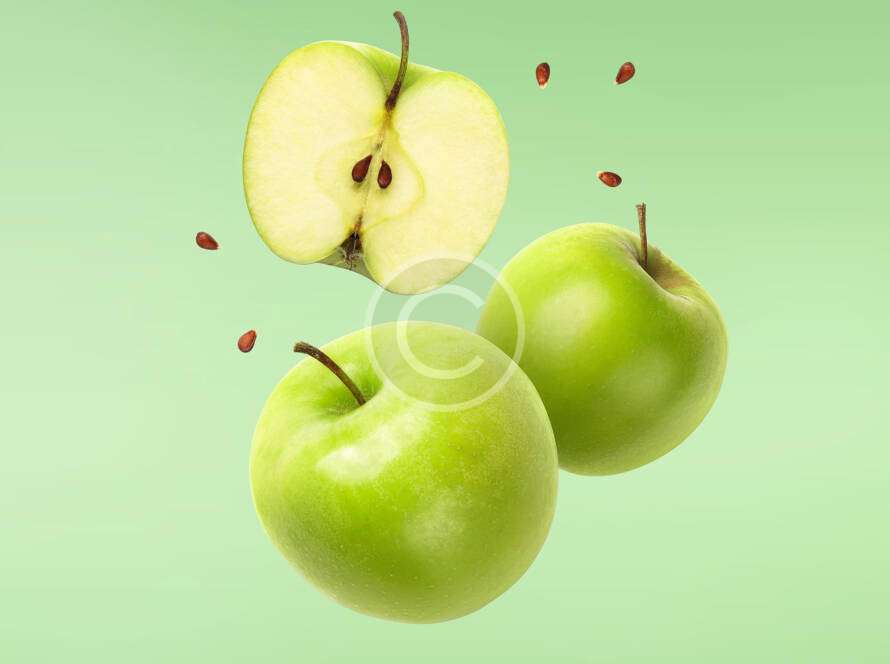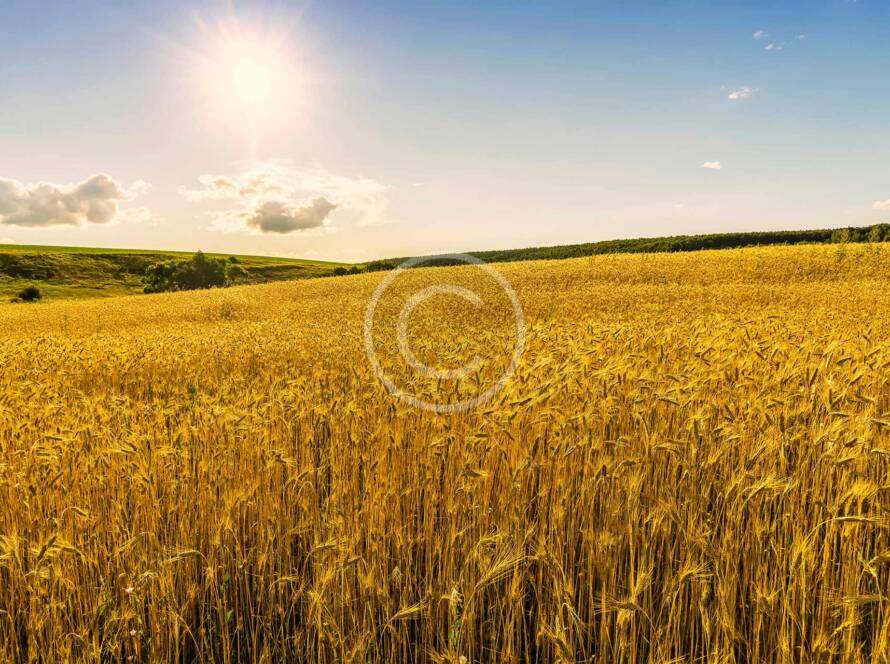Polyculture farming, which involves growing multiple crops and sometimes integrating livestock simultaneously on the same piece of land, can benefit significantly from digital agriculture systems. Here’s how digital technologies can enhance polyculture farming practices:
1. Precision Management
-
Crop Monitoring: Digital sensors, drones, and satellite imagery can monitor various crops within the polyculture system. This helps farmers assess crop health, detect nutrient deficiencies, and identify pest infestations early.
-
Livestock Monitoring: Sensors and wearable technology for livestock can track health parameters such as activity levels, temperature, and feeding patterns, ensuring optimal care and productivity.
2. Resource Efficiency
-
Water Management: Precision irrigation systems, controlled by data from soil moisture sensors and weather forecasts, ensure that each crop and pasture area receives the right amount of water. This minimizes water wastage and supports sustainable water use.
-
Nutrient Management: Digital soil testing and fertility mapping help optimize nutrient applications across different crops and pasture areas. This ensures balanced nutrition while reducing excess fertilizer use and nutrient runoff.
3. Integrated Pest and Disease Management
-
Early Detection: Remote sensing technologies can monitor entire fields for signs of pest outbreaks or diseases. This enables timely intervention strategies, such as targeted spraying or biological controls, which are crucial in diverse cropping systems.
-
Companion Planting: Digital tools can assist in planning and managing companion planting strategies within polyculture systems, where certain plants deter pests or attract beneficial insects to enhance crop protection naturally.
4. Data-Driven Decision Making
-
Crop Planning: Digital platforms can aid in crop rotation planning, helping farmers optimize planting sequences to manage soil health, reduce pest pressures, and improve yields over time.
-
Livestock Integration: Data analytics can optimize grazing patterns and stocking densities, ensuring efficient use of pasture resources and promoting soil health through managed grazing practices.
5. Labor Efficiency
-
Automated Systems: Automated feeding systems, robotic milkers, and GPS-guided machinery streamline tasks such as feeding livestock and harvesting crops. This reduces labor demands and allows farmers to focus on management and strategic decision-making.
-
Remote Monitoring: Livestock and crop monitoring can be conducted remotely, allowing farmers to oversee operations from a distance and respond promptly to emerging issues or changes in conditions.
6. Market Access and Diversification
-
Traceability: Digital records enable accurate traceability of products from field to market, which is increasingly important for consumers seeking transparency in food production practices.
-
Direct Marketing: Online platforms and digital marketplaces facilitate direct sales of diverse products from polyculture farms, expanding market reach and connecting farmers directly with consumers interested in sustainable and locally produced goods.
7. Climate Resilience
-
Weather Forecasting: Digital weather stations provide precise local forecasts, enabling farmers to anticipate weather events and adjust management practices accordingly to minimize risks to crops and livestock.
-
Adaptation Strategies: Data analytics and modeling help farmers develop adaptive strategies to mitigate climate-related challenges, such as adjusting planting dates or choosing resilient crop varieties.
8. Education and Collaboration
-
Knowledge Sharing: Digital platforms and networks enable polyculture farmers to connect with experts, share experiences, and access resources on best practices, innovative techniques, and emerging technologies.
-
Research Integration: Collaborative projects between farmers, researchers, and agricultural institutions leverage digital tools to study and improve polyculture farming methods, driving continuous innovation and sustainability.
Conclusion
Digital agriculture systems offer polyculture farmers powerful tools to enhance productivity, sustainability, and resilience. By integrating precision management, optimizing resource use, implementing integrated pest management strategies, and leveraging data-driven decision-making, farmers can effectively manage diverse cropping systems while promoting soil health, biodiversity, and economic viability. Embracing digital technologies not only supports efficient farm operations but also contributes to meeting global food demands sustainably in a changing agricultural landscape.



